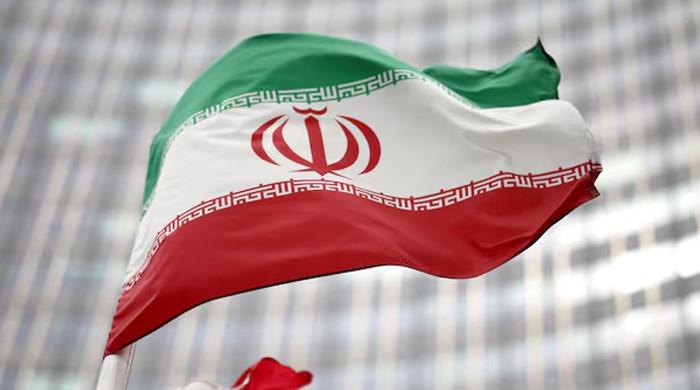Iran ‘dramatically’ increasing enrichment to near bomb grade: IAEA chief

- Inventory could rise “seven, eight times more, maybe, or even more”.
- Iran already has enough material enriched to up to 60%.
- Move to alarm West as it argues “no civilian justification”.
VIENNA: Iran is “dramatically” increasing the amount of uranium enriched to up to 60% purity, close to the roughly 90% of weapons grade, that it is able to produce, the International Atomic Energy Agency chief Rafael Grossi told Reuters in an interview.
The move is certain to cause even greater alarm in Western capitals already arguing that there is no civilian justification for Iran’s enrichment to that level as no other country has done so without producing nuclear bombs, which Iran denies pursuing.
Iran already has enough material enriched to up to 60%, its most highly enriched stock, for four nuclear weapons in principle if it enriched it further, according to an IAEA yardstick. It has enough for more at lower enrichment levels.
“Today the agency is announcing that the production capacity is increasing dramatically of the 60% inventory,” the watchdog’s chief Grossi said on the sidelines of the Manama Dialogue security conference in Bahrain’s capital.
He added that it was set to rise to “seven, eight times more, maybe, or even more” than the previous rate of 5-7 kg a month.
The escalation comes just a week after European and Iranian officials made little progress in meetings on whether they could engage in serious talks over the disputed nuclear programme, before Donald Trump returns to the White House in January.
Tehran was angered by a resolution last month put forward by Britain, Germany and France, known as the E3, that criticised Iran for poor cooperation with the UN nuclear watchdog.
Trump, who after pulling the United States out of the 2015 nuclear deal between Tehran and world powers pursued a “maximum pressure” policy that sought to wreck Iran’s economy, is staffing his new administration with noted hawks on Iran.
Friday’s move is also a setback for Grossi since he said after a trip to Iran in November that Tehran had accepted his “request” that it cap its stock of uranium enriched to up to 60% to ease diplomatic tensions, calling it “a concrete step in the right direction”.
Diplomats said at the time, however, that Iran’s step, which included preparing to implement that cap, was conditional on the IAEA’s 35-nation Board of Governors not passing a resolution against Iran over its insufficient cooperation with the agency, which the Board then did regardless.
“We do not have any diplomatic process ongoing which could lead to a de-escalation, or a more stable equation when it comes to Iran,” Grossi said. “This is regrettable.”
The head of France’s external intelligence service said last week that Iranian nuclear proliferation was undoubtedly one of the threats, if not the most critical threat in the coming months.
The British, German and French foreign ministries did not immediately respond to requests for comment.
The E3 have adopted a tougher stance on Iran in recent months, notably since Tehran ramped up its military support to Russia.
However, they have always insisted that they wanted to maintain a policy of pressure and dialogue to revive talks well before the 2015 accord ends in October 2025.
That deal lifted international sanctions against Iran in return for Tehran accepting some curbs on its nuclear programme.
Since Trump left the deal, Iran has accelerated its nuclear programme while limiting the IAEA’s ability to monitor it.









